Two years in the wolf pack: how a Georgian scientist survived among wild animals
Categories: Animals | Science | World
By Pictolic https://pictolic.com/article/two-years-in-the-wolf-pack-how-a-georgian-scientist-survived-among-wild-animals.htmlA scientist lives and works in Georgia, whom friends and acquaintances describe in one succinct phrase — "he spent two years in a wolf pack." And this is not a metaphor.
Doctor of Biological Sciences Jason Badridze, indeed, spent several years in the wild, studying the behavior of animals. How he dared to do this and how his unusual experiment ended, read the material below.
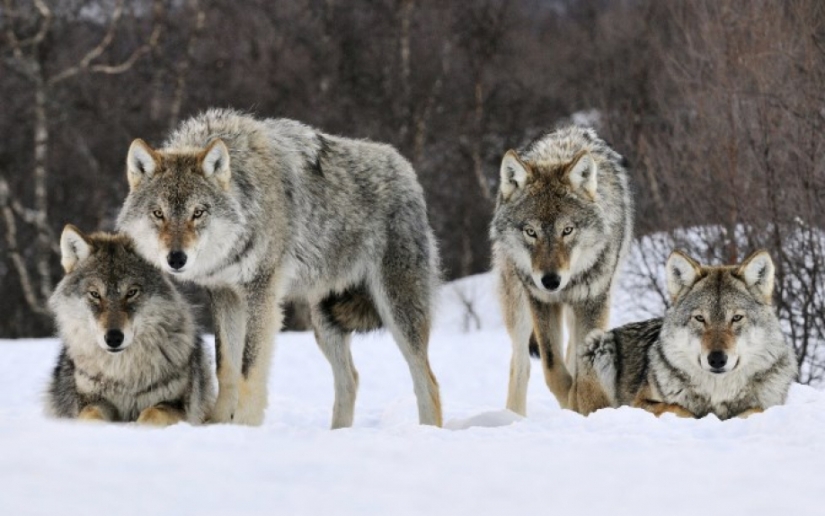
Jason Badridze began to be interested in the behavior of wild animals in the late 1960s, right after graduation Tbilisi State University, where he studied at the Faculty of Biology. At that time, the man was already working at the Institute of Physiology of the Academy of Sciences of the Georgian SSR, but he could not study wolves not from textbooks, but in the wild for a long time, since ethology (the section of zoology devoted to genetically determined animal behavior) was not recognized as an official science in the Soviet Union.
He managed to join the wolf pack only in 1974. The experiment was conducted on the territory of Borjomi Nature Reserve in the forest area "Zoreti". At that time, wolves were considered the main enemies of socialist animal husbandry, so they were massively exterminated. For each wolf killed, the huntsmen received 50 rubles. Therefore, the scientist had to give them a tidy sum (the average salary in those years was 150 rubles) so that they would not interfere with his observations.
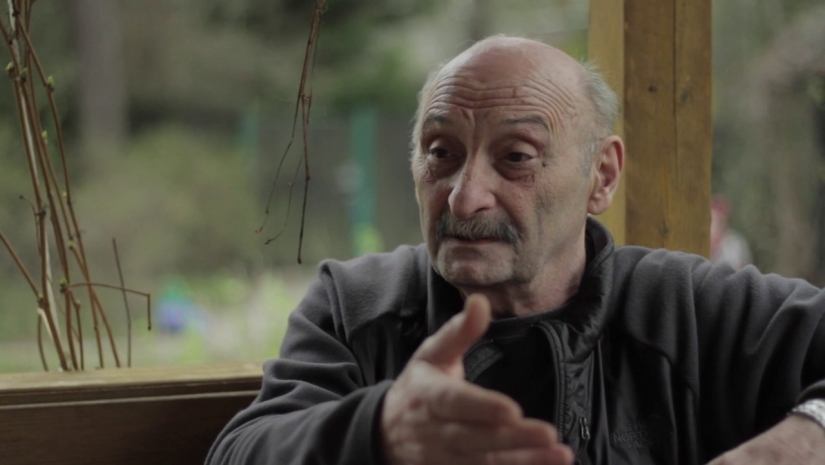
Jason Konstantinovich Badridze
At the same huntsmen, the scientist made inquiries about the main habitats of wolves and went straight to them. According to Badridze, there are always several dominants in each pack, usually a male and a female, in rare cases - old men. They are the ones who manage all the processes within the group, so the scientist's first task was to ingratiate himself with them.
The professor, of course, had no chance to prove his advantage in a fight, as it happens among wolves. So he just started waiting for the animals to get used to him. It helped that the wolves felt safe next to him.
The rapprochement took place in a measured and calm manner: the ethologist followed the tracks of the wolves, letting them get used to his smell. It took four months.
Then, some time later, their first face-to-face meeting took place. According to Badridze, it was a mature male and female. Noticing him at a distance of about a hundred meters, they began to examine him and slowly approach.
Fortunately, the wolves did not touch the man. Soon the male gave the female a signal and they disappeared into the depths of the forest. Then Badridze was convinced that it was real to make friends with wolves!
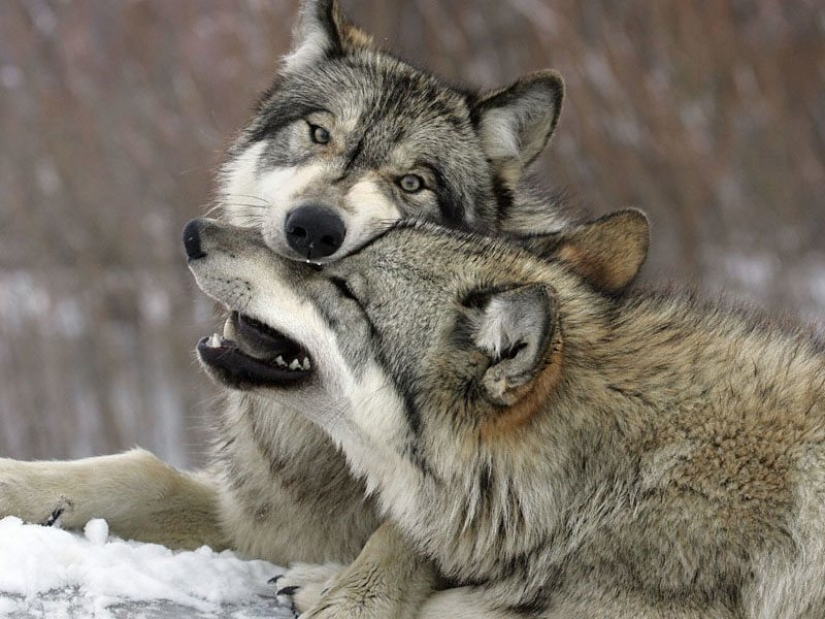
For some time, the man continued to follow in the footsteps of the mothers, until it was time to appear in the rendezvous site. So ethologists call the place where the whole wolf pack gathers. Seeing the man, the other wolves were a little wary, but since they were brought by the experienced themselves, they had no choice but to accept him into their collective.
After that, Badridze stayed there and even started hunting with the wolves to prove his favor to them. Their first common victim was a deer. The scientist said that the wolves dealt with him in about an hour and a half, and at the very end of the meal they offered him to taste some meat. Then the ethologist approached the gnawed carcass, cut himself a piece, went to the river and fried it on a fire.
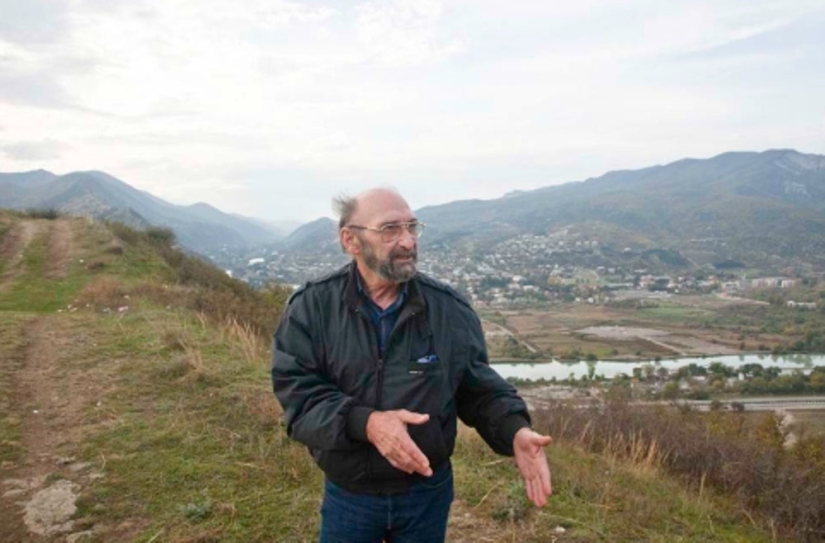
Naturally, the man was not going to eat the same food as wolves all the time. He arranged with one gamekeeper to bring him some provisions to neutral territory every two weeks.
But Badridze still had to repeat some animal habits in order to pass for his own. For example, he whined, howled and snorted when it was necessary.
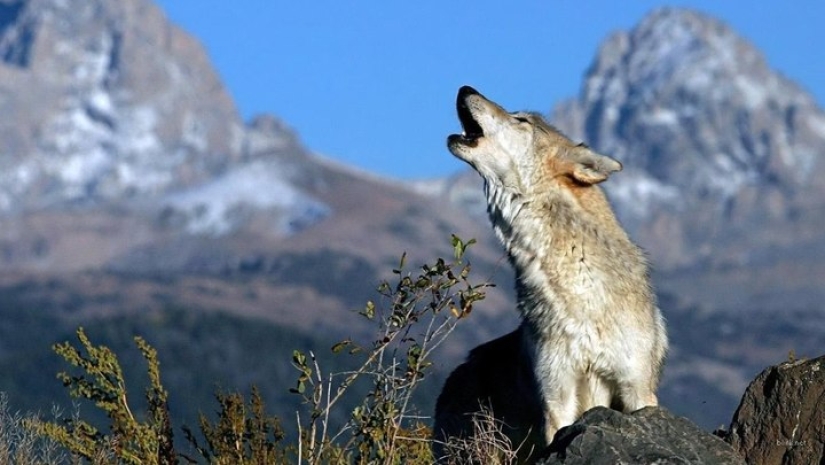
So Badridze lived for two whole years! He only went to the city for a few days to see his family. The scientist admits that he was constantly lonely in the forest. Sometimes he even went to the stream and talked to himself. But he could not leave for a long time: the wolves in this case raised a strange, heart-rending howl, which the ethologist described as "howling of boredom."
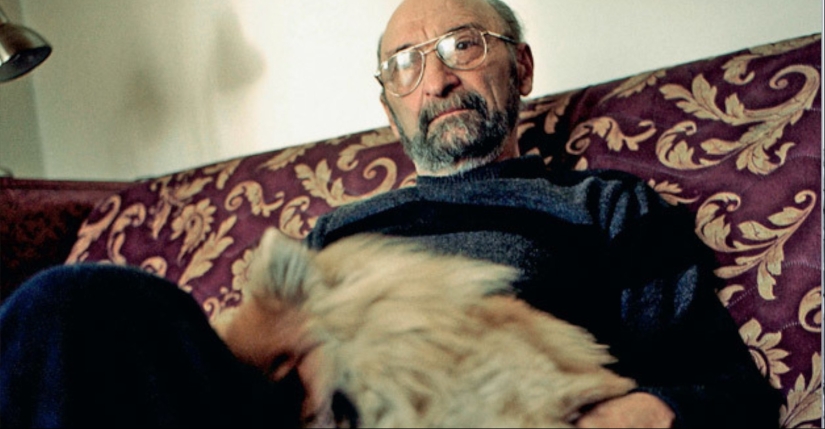
The man's observations of the wolves did not end there. Badridze said that he subsequently met five more wolf families, in addition, well-fed, well-bred cubs lived at his house for some time.
After a couple of decades of observing predators, Badridze realized that in some cases a wild animal behaves more consciously than a human. And once wolves even saved his life!
This happened when Badridze accidentally stumbled upon a sleeping bear. The animal reared up and was already preparing to strike the scientist, but then a pack of wolves arrived and attacked his offender. According to the ethologist, an attack by wolves on a bear is very rare, because it surpasses them in strength.
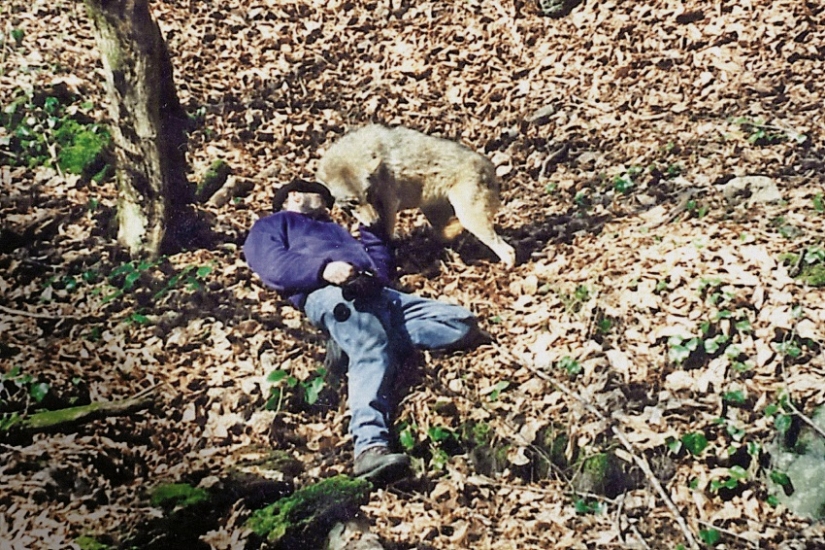
Jason Badridze walks through the forest with his adopted wolf, 1990s
Over the years, the man also realized that among predators, there are also such concepts as "betrayal", "loyalty", "love" and "friendship".

With pain Jason Badridze remembers how he once killed three wolves with his own hands. This happened, of course, in self-defense.
Now the scientist is over 70. He left work in the field, but interest in wolves has not disappeared over the years. The man has written several books on wild animals, regularly publishes articles on these topics, and also lectures at Tbilisi University.
However, Badridze admits that he misses the wolves very much.
Keywords: Wolves | Wild animals | Animals | Zoology | Research | Pack | Scientist | Experiment
Post News ArticleRecent articles

It's high time to admit that this whole hipster idea has gone too far. The concept has become so popular that even restaurants have ...

There is a perception that people only use 10% of their brain potential. But the heroes of our review, apparently, found a way to ...
Related articles

These artists love cats, but also masterfully draw them, often complementing funny and life signatures. Meet! --> Russian ...

The age of breeding" improvements " of pure breeds has turned once healthy dogs into deformed animals. There is an opinion that ...

If you like pictures and Internet memes with animals, chances are you've heard of the popular Japanese artist and enthusiast ...

New Year's is a time to surprise and delight loved ones not only with gifts but also with a unique presentation of the holiday ...